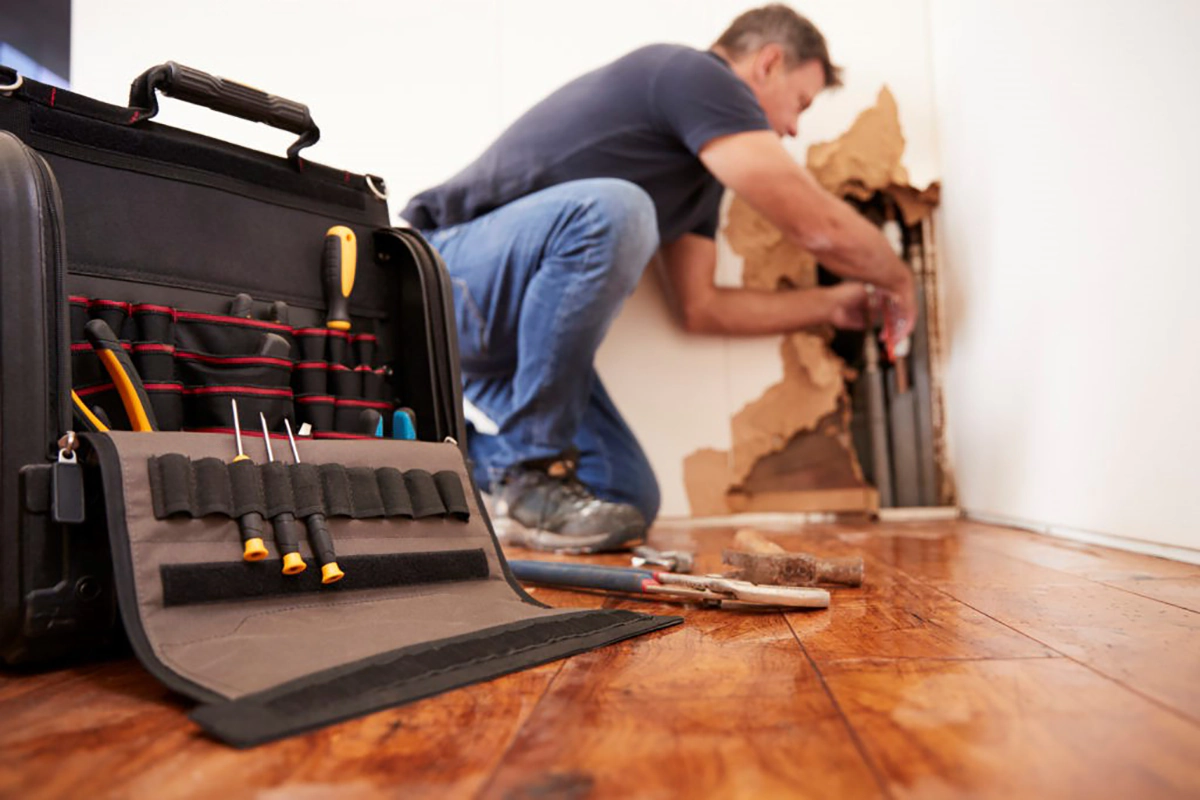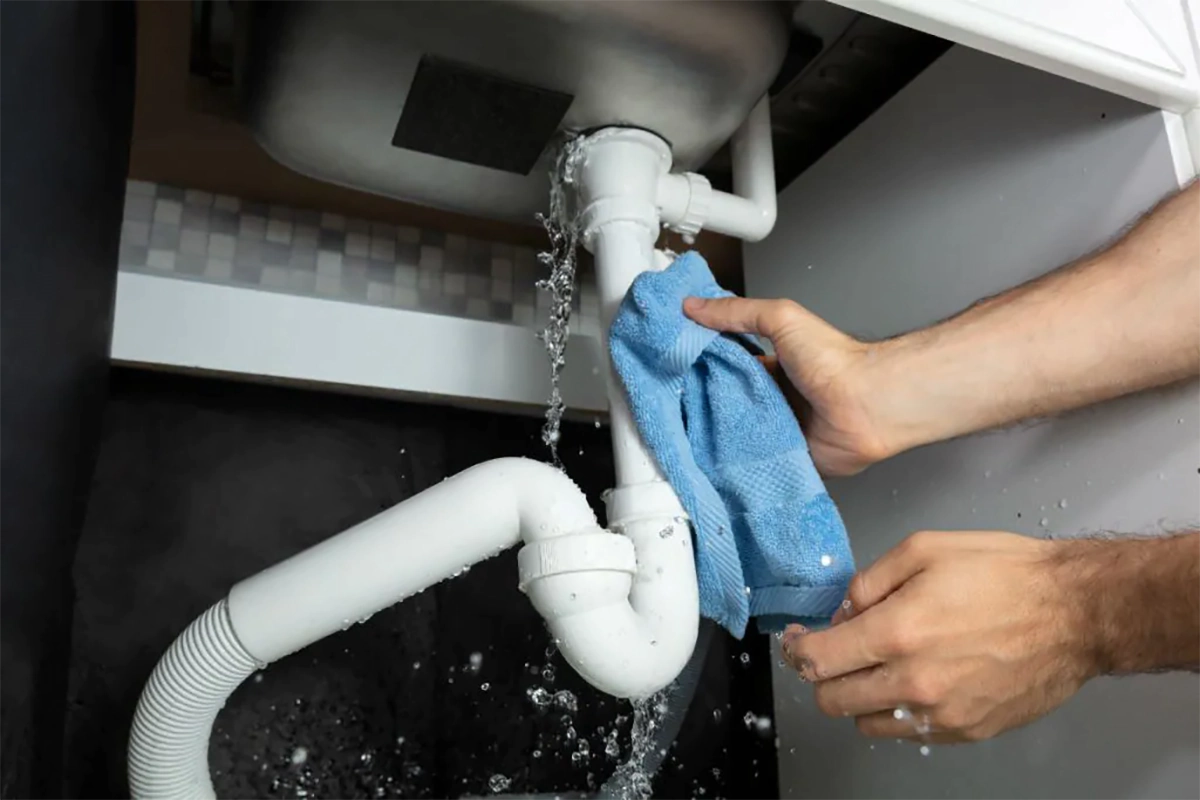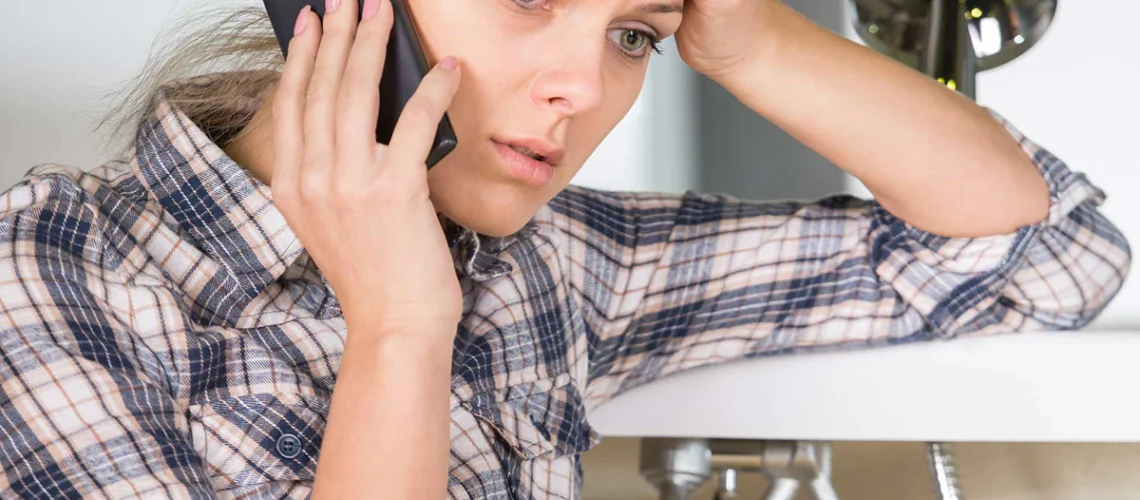Plumbing issues are part of every homeowner’s life, but not all problems demand immediate attention. So, when should you actually call an emergency plumber? Understanding the difference between a standard plumbing issue and an emergency can help you avoid costly repairs, protect your home, and act quickly when needed.
Contents
1. Burst Pipes
A burst pipe ranks among the most critical plumbing emergencies that demand immediate attention. Water can flood your home in minutes, damaging floors, walls, and even electrical systems. If you notice a sudden drop in water pressure, hear rushing water behind walls, or see water pooling where it shouldn’t, shut off your water supply immediately and call a plumber.

2. Major Leaks
Small drips may not seem like much, but a major leak—such as from a water heater or washing machine hose—can quickly spiral into serious water damage. If you find a significant leak and can’t stop the flow, it’s time to get emergency help.
3. Overflowing Toilets
An overflowing toilet is both unsanitary and damaging. If plunging doesn’t help and water continues to rise, shut off the toilet’s water valve and call a plumber. Especially if it’s the only toilet in your home, you can’t afford to wait.
4. Sewer Backups
If sewage is backing up into your home, that’s a clear health hazard. Foul odors, slow drains in multiple fixtures, and gurgling toilets are all red flags. Don’t try to fix this on your own—sewer issues require immediate professional intervention.
5. No Hot Water
Losing hot water isn’t always an emergency, but if it happens suddenly—especially during winter—it could be a sign of water heater failure. This is particularly serious if you have young children, elderly family members, or vulnerable individuals in your home.
6. Frozen Pipes
In colder climates, pipes can freeze and potentially burst. If you notice frost on visible pipes, no water from taps, or strange noises when turning on fixtures, your pipes might be frozen. Prompt action can prevent them from bursting and causing a flood.

7. Gas Line Issues
Some plumbers are licensed to deal with gas line problems. If you smell gas or suspect a gas leak, evacuate the building and call emergency services first, then contact a professional plumber once the area is safe.
8. Water Heater Leaks or Strange Noises
A leaking water heater can lead to flooding, while unusual noises may signal a hazardous buildup of pressure. Don’t wait to find out the hard way—if your water heater is acting up, treat it as an urgent issue.
Final Thoughts
A plumbing emergency isn’t just an inconvenience—it can lead to structural damage, mold, and safety risks if not addressed quickly. When in doubt about whether your plumbing issue is an emergency, it’s always safer to play it cautious and seek professional advice. A quick call to a professional plumber can save you from far bigger headaches down the line.
Knowing when to call an emergency plumber helps protect your home and your peace of mind. Stay informed, stay prepared—and don’t hesitate to call when the signs are clear.
FAQs
A plumbing emergency is any situation that poses an immediate risk to your home, health, or safety. This includes burst pipes, sewage backups, overflowing toilets, major leaks, and complete loss of water or hot water.
While some minor issues like a clogged drain might be manageable, most emergencies—like burst pipes or sewer backups—require professional tools and expertise. DIY fixes may worsen the problem or cause damage if not handled correctly.
Yes. If safe to do so, turn off the main water supply to prevent further damage. For isolated issues, such as an overflowing toilet, you can shut off the valve behind the fixture.
Frozen pipes often produce no water when you turn on the tap and may feel cold or have visible frost. You might also hear strange noises. A clog usually affects one fixture and doesn’t cause complete water loss.
Not always, but if there’s a sudden loss of hot water in winter or your water heater is leaking or making loud noises, it could be an emergency and should be inspected promptly.
This could indicate a sewer backup or a blocked main drain line. It’s a serious issue and requires immediate professional help to avoid health hazards and property damage.




